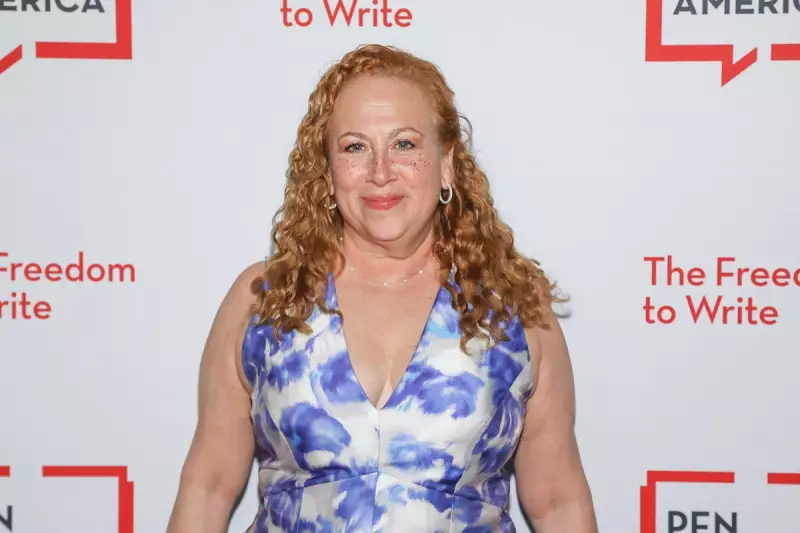
Renowned author Jodi Picoult, celebrated for her thought-provoking novels that have captivated millions of readers worldwide, has stepped forward to expose the alarming wave of censorship sweeping across American educational institutions and libraries.
The Shocking Scale of Literary Suppression
In a revealing interview, Picoult disclosed that she recently received a comprehensive list detailing attempts to ban her books from schools and libraries throughout the United States. The findings paint a disturbing picture of literary censorship in modern America.
"Indiana is the worst state," Picoult stated emphatically, highlighting the Midwestern state as the epicentre of this censorship movement. "I've never had so many attempts to ban my books as I have in the last couple of years."
Beyond the Heartland: A National Crisis
While Indiana leads this concerning trend, the phenomenon is far from isolated. Picoult's research reveals that multiple states including Florida, New Jersey, and New York have joined the ranks of those attempting to restrict access to her literary works.
The author expressed particular concern about the organised nature of these censorship efforts, noting that challenges to her books appear to be part of a coordinated campaign rather than spontaneous complaints from individual parents or community members.
From Fiction to Reality: When Stories Become Targets
Picoult, whose novels often explore complex social issues and moral dilemmas, finds herself at the centre of a cultural battle she never anticipated. Her books, which have sparked important conversations in classrooms and book clubs for decades, are now being removed from shelves and reading lists.
"This isn't just about my writing," she emphasised. "It's about a broader movement to limit the perspectives and ideas that young people can access. When we start censoring literature, we're limiting understanding and empathy."
The Ripple Effect on Education and Empathy
Educational experts are increasingly concerned about the impact of such widespread book banning on student development. Literature has long been recognised as a crucial tool for developing critical thinking skills and understanding diverse experiences.
As Picoult's experience demonstrates, no author is safe from this censorship trend, regardless of their commercial success or critical acclaim. The movement threatens to reshape the American literary landscape and limit the intellectual freedom that has long been a cornerstone of democratic society.
The situation continues to develop as authors, educators, and free speech advocates mobilise to protect access to diverse literature across the United States.





